Become a Profitable Author and Maximize Your Impact
4,000+
Success Stories
10,000,000's
of Books Sold by Clients
14+
Years of Book Publishing Expertise





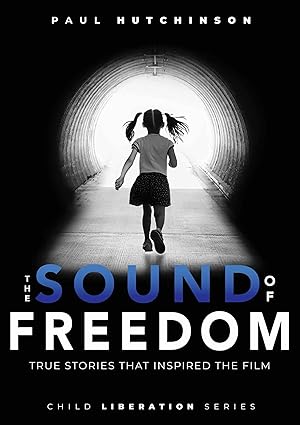
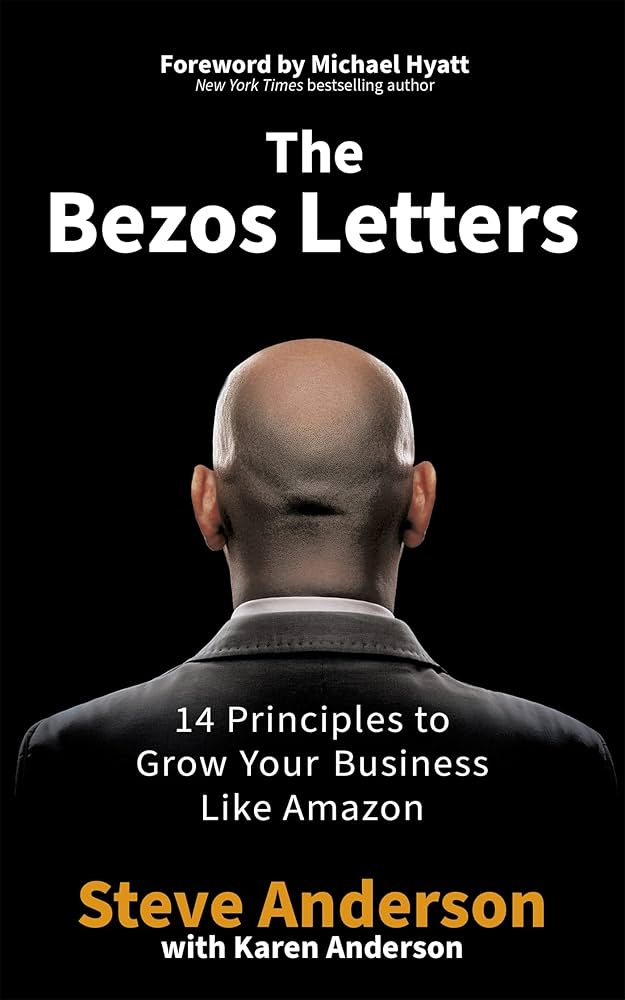
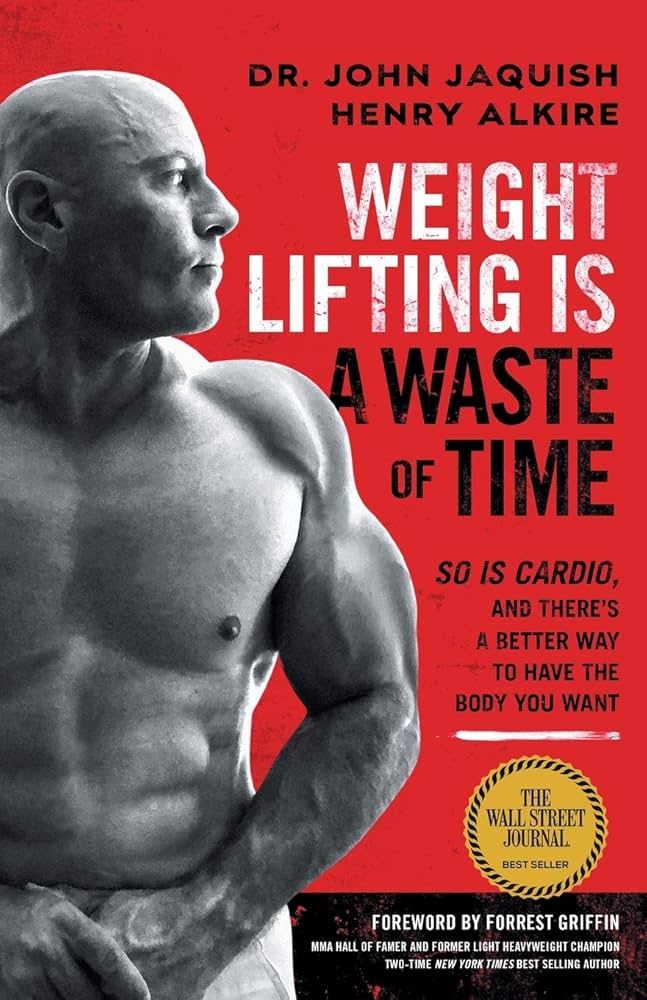

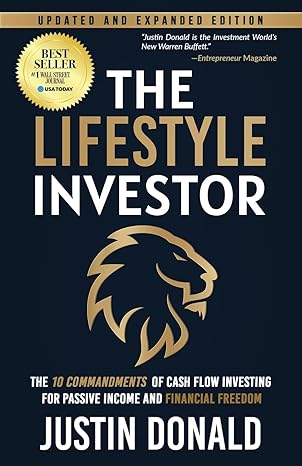
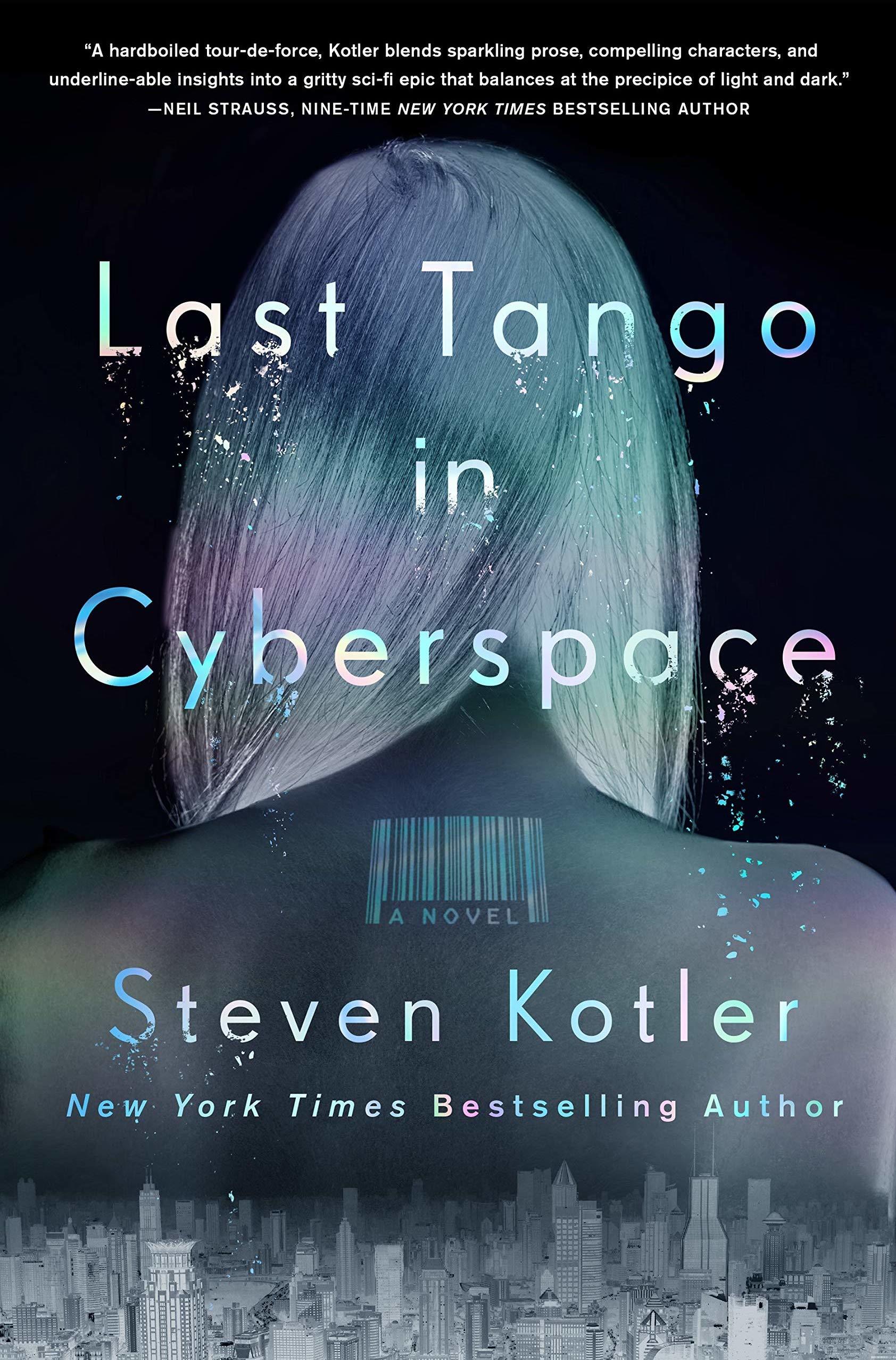
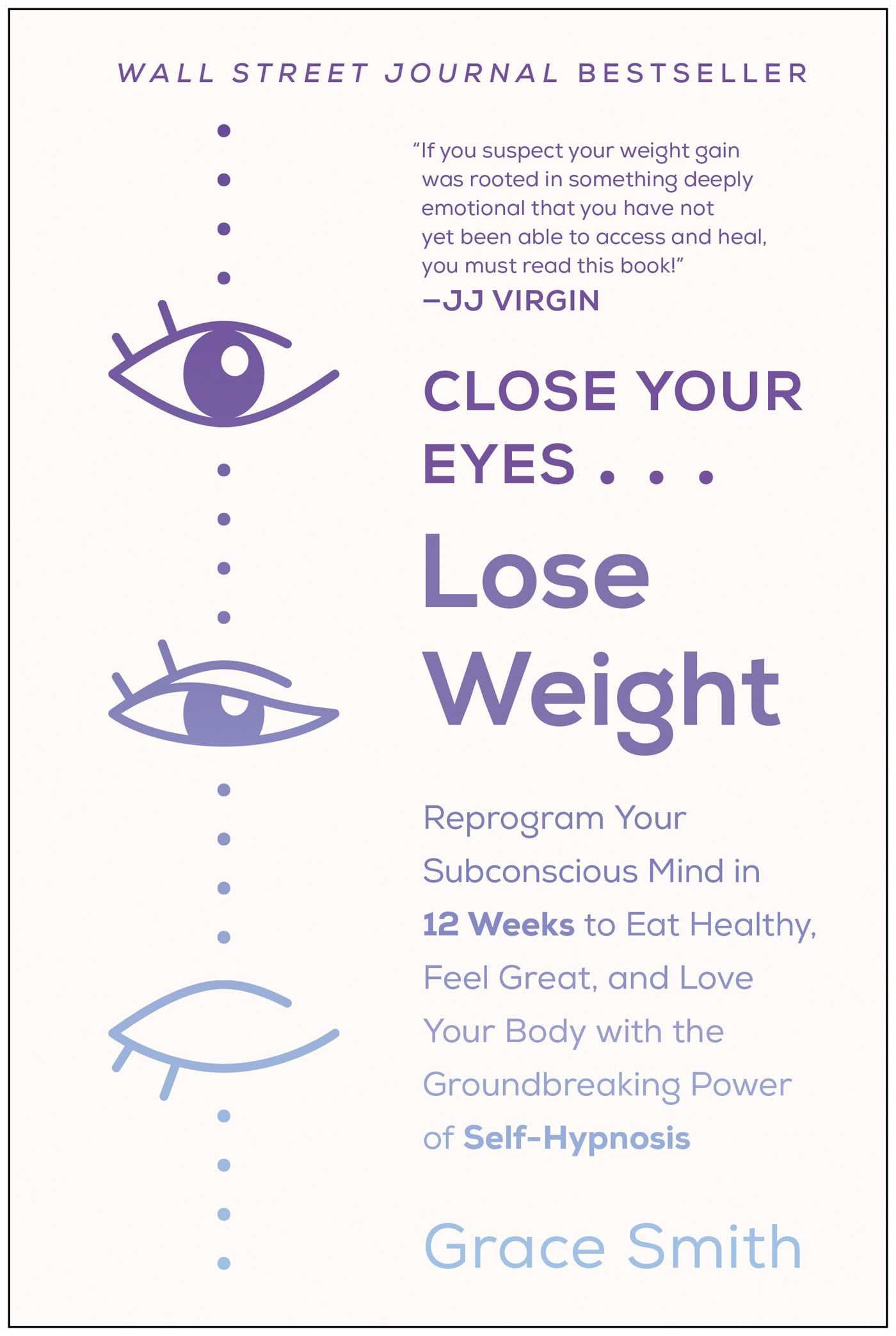
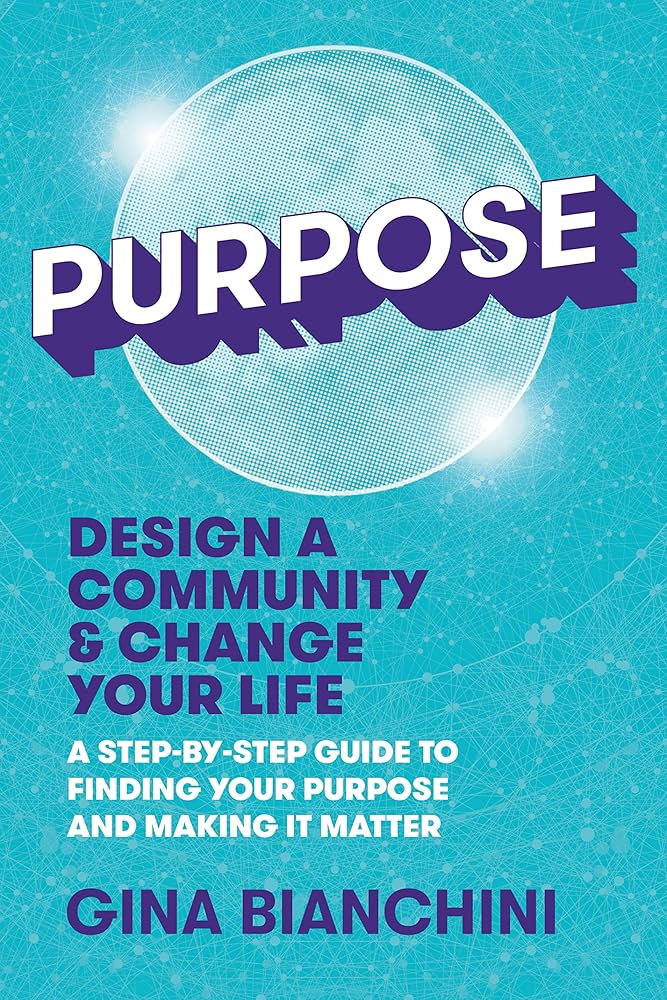
Services
Phase #1:
Creation
Ghostwriting (unlimited revisions)
Editing (unlimited revisions)
Publishing - (final draft to book in hand & available in major online retailers - for
physical formats and eBook)
Audiobook
Phase #2:
Bestseller Campaigns
Amazon Bestseller
Barnes & Noble Bestseller
Kobo Bestseller
C-Suite Bestseller
SUCCESS Bestseller
USA Today Bestseller
Wall Street Journal Bestseller
New York Times Bestseller
Phase #4:
Consistent Traffic
15, 30, 60 Podcast Interviews
10 Blog Features
100+ Reviews
Books to Movie/Doc
Grow Your Referrals - here
What Our Clients Say
Why We Do It
We believe by helping authors succeed, We help the world succeed

The team went above and beyond to ensure every step of the process was smooth. I couldn’t have asked for a better experience.

Charlotte Bennett

Working with this team was a dream come true! Their professionalism and expertise made buying my first home stress-free and exciting.

Olivia Reynolds

”After Tyler launched my book to bestseller, I landed my first $30,000 keynote speech. I could not have done this without Tyler’s help. If you’re looking for a team that can help you write, publish, and market your book...Authors Unite is it.”

Christopher Kai

”Whether it’s a high level executive or someone just starting out, I would send them to Tyler because I know through his processes and systems, you’re going to get results.”

Jason Treu

”Great job! Very impressive campaign and very, very much appreciated!”

Steven Kotler

Quick links
Home
About Us
Property Type
Services
FAQ
Testimonal
Blogs
Popular house
Penthouses
Villa
Smart home
Apartments
Office
Bungalow
LEGAL
Terms of use
Privacy policy
Newsletter
Stay ahead in the real estate market! Subscribe to our newsletter for expert insights, exclusive property listings, and the latest trends delivered straight to your inbox. Your dream property could be just one click away!
Copyright 2025 • Authors Unite Publishing • All Rights Reserved

